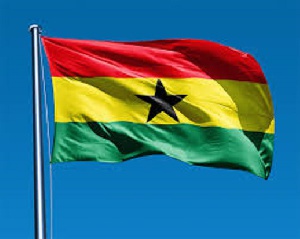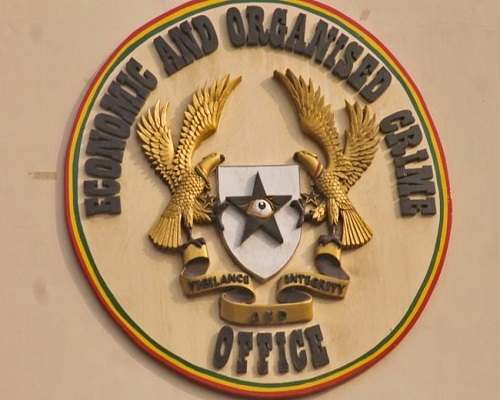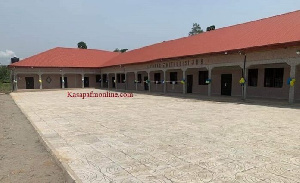Botswana’s Omicron variant was ‘detected in 4 diplomats of Ghanaian origin’ – Ex-MP alleges

A former Member of Parliament in Botswana, Alfred Rabashemi Madigele has alleged that the first cases of the new COVID-19 variant the southern African country recorded last week ‘was detected in 4 diplomats of Ghanaian origin.’
Madigele made the claim in a November 28 Facebook post protesting the fact that Botswana and South Africa were among the first countries – along with others in the southern Africa region – to be slapped with flight bans by the European Union, the United Kingdom and the United States over the new variant.
His post stressed that the two countries had rather served the world well by detecting and raising alarm relative to the Omicron variant of the virus known as SARS-CoV-2 variant: B.1.1.529.
His gripe includes that Botswana had failed to disclose that the variant was found in diplomats and quizzed further how and why Ghana and other African countries are not subjected to a similar ban.
There has been a strong demand for information by Ghanaians commenting on his post asking that he gives further and better particulars on his classification of “diplomats of Ghanaian origin.”
Among those making the information request are Professor Kweku Azar, Dr. Kwame Sarpong Asiedu of CDD-Ghana and former presidential press secretary Ben Dotse-Malor.
The Botswanan medic has yet to respond to any of the inquiries at the time of filing this report. Meanwhile, his government explained the status of the country relative to the new variant in a press conference on Sunday.
Read full post of the ex-MP below:
Why are we not telling the world that Botswana has sophisticated scientists who managed to do and identify genetic sequencing of the new variant named Omicron ahead of all countries?
Are we and RSA being punished for our brilliance? Why are we not telling the world that this variant was detected in 4 diplomats of Ghanaian origin? Why are we not telling the world to not only target us, but target Ghana and other western African countries?
Omicron variant is possibly one of the several variants in circulation we will keep getting new variants of Covid-19 time and again. It’s the way that we respond to these that will define us, that will define the course of epidemic response for generations to come.
What WHO said about the new COVID-19 variant
The Technical Advisory Group on SARS-CoV-2 Virus Evolution (TAG-VE) is an independent group of experts that periodically monitors and evaluates the evolution of SARS-CoV-2 and assesses if specific mutations and combinations of mutations alter the behaviour of the virus. The TAG-VE was convened on 26 November 2021 to assess the SARS-CoV-2 variant: B.1.1.529.
The B.1.1.529 variant was first reported to WHO from South Africa on 24 November 2021. The epidemiological situation in South Africa has been characterized by three distinct peaks in reported cases, the latest of which was predominantly the Delta variant.
In recent weeks, infections have increased steeply, coinciding with the detection of B.1.1.529 variant. The first known confirmed B.1.1.529 infection was from a specimen collected on 9 November 2021.
This variant has a large number of mutations, some of which are concerning. Preliminary evidence suggests an increased risk of reinfection with this variant, as compared to other VOCs.
The number of cases of this variant appears to be increasing in almost all provinces in South Africa. Current SARS-CoV-2 PCR diagnostics continue to detect this variant.






